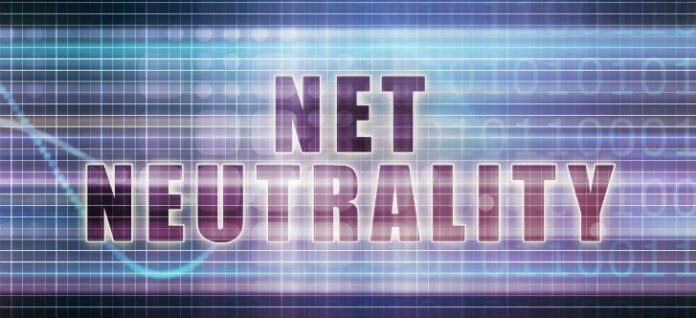AT&T CEO says legal action imminent
WASHINGTON, D.C. – The Federal Communications Commission has yet to release its long-awaited net neutrality recommendations on whether to enact Title II regulations in regard to the Internet.
Yet, the legal wrangling is already beginning. AT&T CEO Randall Stephenson said it is not a question of whether AT&T will take legal action against the FCC, but when.
In a recent interview, Stephenson told CNBC Squawk Box, “There will be litigation. It’s quite certain that that will be the case.”
Stephenson went on to say that the wireless industry, AT&T included, would most likely ask the FCC for a stay on implementing new rules.
“There are a lot of details that need to be fleshed out. What all this is doing, is putting the industry in a big moment of uncertainty and lack of clarity,” Stephenson said.
Transparency has been a primary sticking point for opponents of enacting Title II. Late last month, three senior Republican lawmakers wrote an open letter to FCC Chairman Tom Wheeler asking him to release his report prior to a commission vote on the matter.
“Given the significance of the matter and the strong public participation in the commission’s proceedings to date, we believe the public and industry stakeholders alike should have the opportunity to review the text of any proposed order or rules prior to commission action,” the politicians noted in a joint statement. “Accordingly, we urge you to publicly release the draft text of the Open Internet Order when you circulate it to your fellow commissioners.”
The commission did not heed the lawmaker’s call to release the report. While the FCC is scheduled to vote on whether or not to enact Title II on Feb. 26, Wheeler is in favor of Title II regulations, saying it will provide a legal framework to prevent unfair practices such as throttling or paid prioritization.
As George Foote, a Washington, D.C.-based litigator focused on telecom policy, noted in an interview earlier this month, “What putting Title II regulation in place would do, is let everybody know that there is a framework, that at some point the FCC has already taken the hard steps to set the boundaries and would be able to step in and say that some particular action is out-of-bounds.”
AT&T isn’t alone in opposing Title II implementation.
Verizon Communications, which is currently under review by the FCC for forcing the popular streaming service Netflix to pay a premium rate through aggressive throttling tactics, has categorically opposed Title II implementation.
As Foote described the debate: “It is a political football, and it can’t help but be one, but it doesn’t have to be one.”

